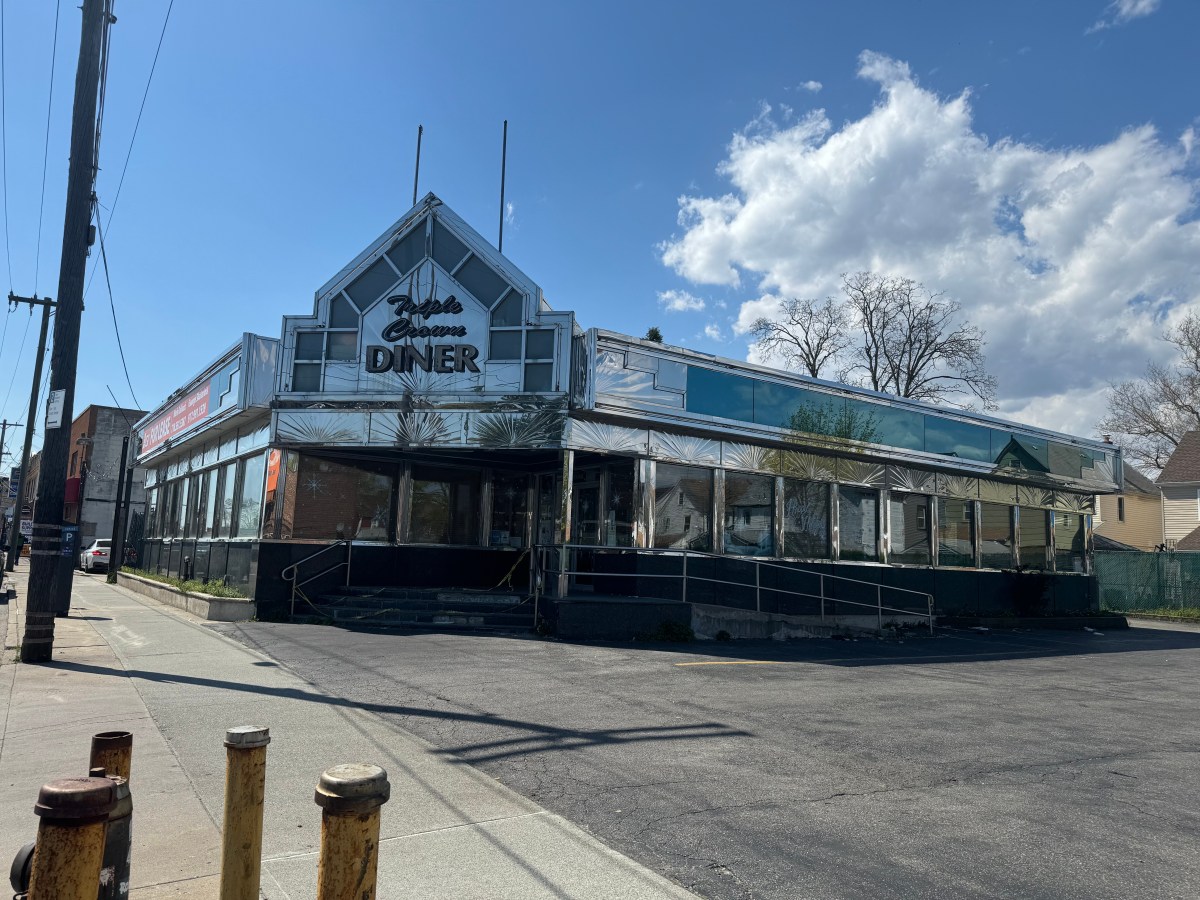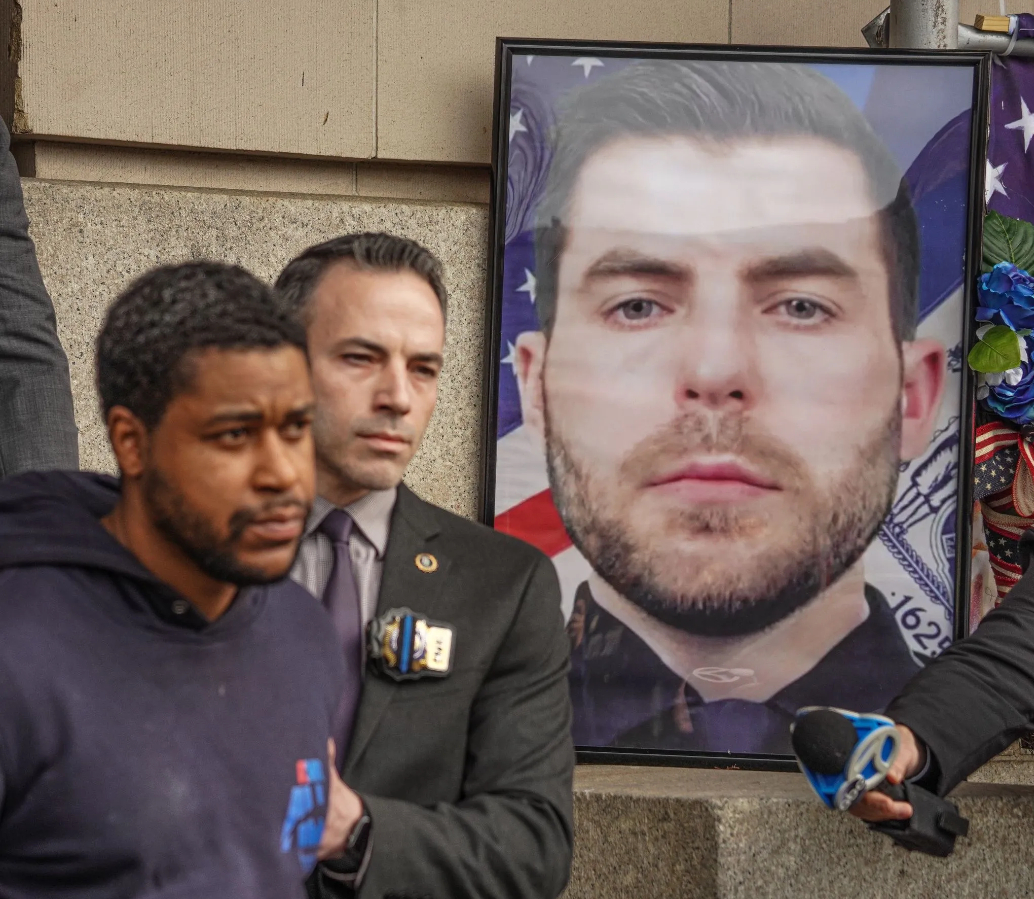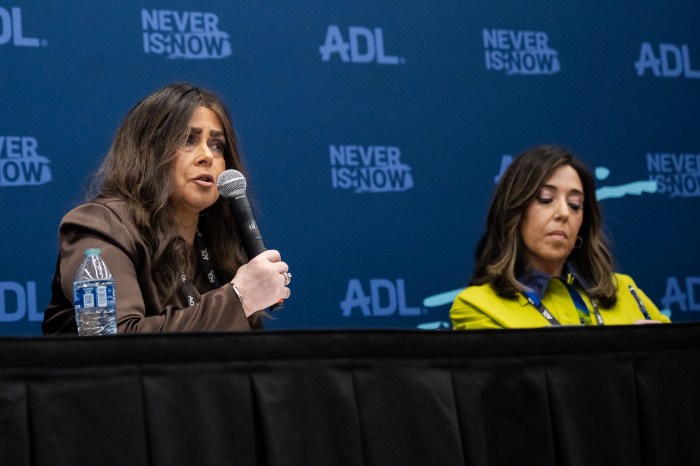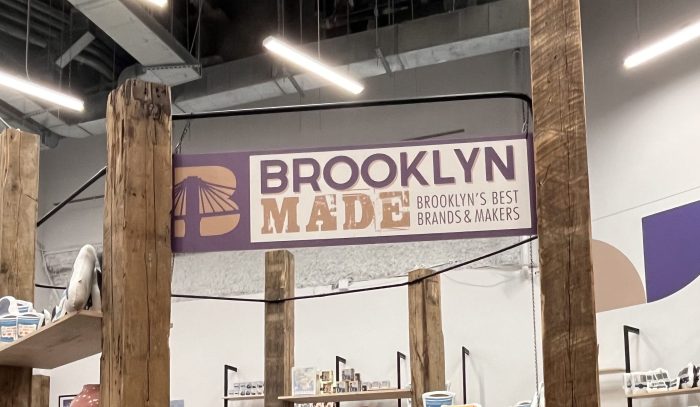
BY REV. DONNA SCHAPER | Howard Moody was my friend, before he was my colleague, my mentor and my predecessor at Judson. No one follows Howard, even though Reverend Peter Laarman did for the first 10 years after Howard retired and I have for the next eight. We just plow along in the field that he fed so well and so organically.
First, he sent me to jail. He had founded an underground organization to help women get safe abortions. Ira Glaser called it the “underground railroad,” at Howard’s memorial last week. Called the “Clergy Consultation,” at its peak, it had thousands of members. I had an internship at the University of Chicago Chapel, and Spencer Parsons was the chaplain. Spencer had joined Clergy Consultation, because of Howard, and he needed help.
Spencer found a little money somewhere somehow and hired me to sit with women for four hours on Tuesdays and four hours on Thursdays. The line was always long outside the door at the small counseling “room” we had far on the South Side. There was no waiting room. We visited with the women 30 minutes at a time and our only tool was a speculum. We used it to show how an abortion “happened” medically. I was white and 23. The women were mostly black, mostly in their 30s, and mostly (almost) able to pay the $300 to get to New York City, taking the first plane ride they had ever taken. There, cost included, they would have an abortion and return home.
First, Reverend Parsons was arrested for charges that were vague at best. No one had made anyone have an illegal procedure so that wouldn’t and couldn’t stick. We counseled “problem pregnancies.” The majority of our clients chose to terminate, and all were free to do what they thought best. Eventually the clinic was raided and we “problem pregnancy counselors” were also arrested. We weren’t in for long but, going forward, it did lessen the number of clients at the clinic. I was ridiculously proud to be arrested and to be a part of a movement that was drenched in common sense. I never met “Mr. Moody” but held him in trust, from afar, as did thousands of other women and clergy.
Howard was a brilliant and important enigma. As Abigail Hastings remarked at his memorial, think of this joke and you get the man: “A minister, a Marine and a gambler walk into a bar.” A man’s man, his most important social legacy is in women’s rights. A veteran, he was also a man convicted for peace. Suspicious of worship and “high-minded” kind of stuff, he innovated in the field of liturgy and worship by removing the pews from Judson and developing an Agape meal that has replaced Communion and Eucharist among us.
A thinker, he couldn’t keep himself off the streets. A Christian who was often and regularly called a heretic, his best friends were often Jews. He was frequently at the head of a parade before others knew there was a parade — on drug laws, gay rights, the right to die movement. As enigmatic as he was, he was also quite traditional. He was a son of the American Baptist tradition, not an orphan in it.
This country would not be as free as it is without Baptists Walter Rauschenbusch, Howard Moody and Roger Williams. Howard would be the first to say that it is not nearly as free as it needs to be. American Baptists have a half dozen fertile ideas, each of which prepared Howard beautifully to be a great censor of censors. His arteries were filled with a sense of freedom, what Baptists call “soul freedom.” He was more Baptist than not, irate at any kind of censorship because he knew in his Baptist belly that the state’s encroachments had to be fought at every cost.
Baptists emphasize the primacy of personal religious experience. Baptists practice democracy in organized church life. Baptists insist that a Christ-like lift, not ritual, characterizes true worship and pure religion. Baptist churches decline all alliances with the state. Baptists tolerate no creed; the Bible alone is sufficient authority for our faith and practice.
These “big” ideas also resulted in Howard Moody’s “soul competence” and then in the birth of Off Broadway theater and dance at Judson Church, in a refusal to let the state or Church tell dancers what to wear or not wear, in extraordinarily experimental artwork from the likes of Rauschenberg and Oldenburg and others who knew what it meant to have a sanctuary for their early arts careers.
From Baptist theology came artistic and political freedom, both of which smelled censorship quickly whenever it reared its head, like a good farmer smells a skunk in the vicinity and takes action.
I have to say at least one word about Judson Memorial Church, what many still call “The Judson,” because it is so hard to remember that it is “just” a church. Yes, it is ecclesiastically wrapped in Italian marble, stained glass, carved angels on its altar. What Howard did to build Judson Church is as monumental as its architecture. He built laypeople who built movements who built people who built movements. “Laypeople” are to clergy what the heart is to the body. Howard had an ardent anticlericalism, which pushed him to develop extraordinary leaders all around him.
He was also “King Howard,” firmly in charge, while also raising up a whole generation of warm, funny, smart people. Or maybe Arlene Carmen was in charge? Or Al Carmines, Howard’s great associate who was as musically talented as Howard was strategically talented? Who knows? And finally, who cares? These extraordinary people are the gift I now enjoy at Judson every day.
Finally, Howard was my friend. When he found out that my son and daughter-in-law were about to make me a grandmother, he wrote me an unsolicited handwritten letter. “Give yourself a name,” he wrote, “one that your grandson can call you. Otherwise, he will call you ‘Grandma’ and it will make you feel old.” Howard was also wise and pastoral as well as sharp, strategic and political. Because of him, I am “Bube.”
Schaper is senior pastor of Judson Memorial Church.

















